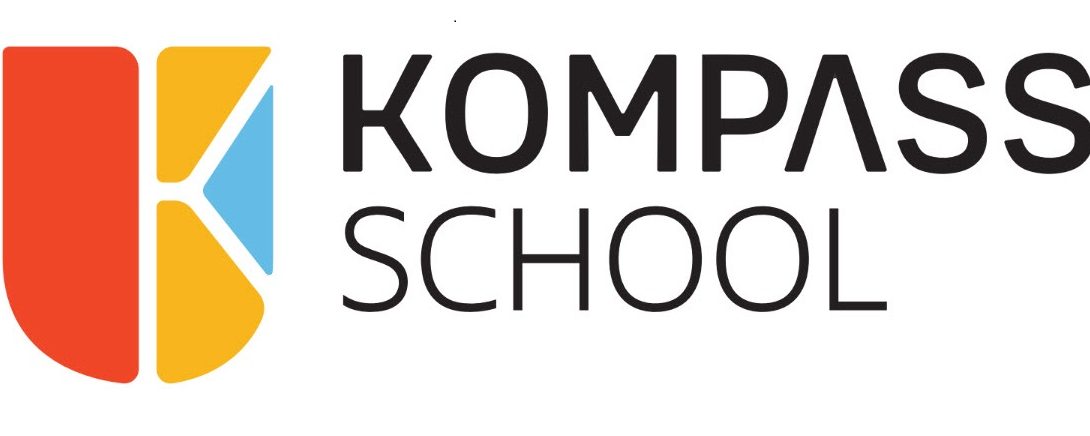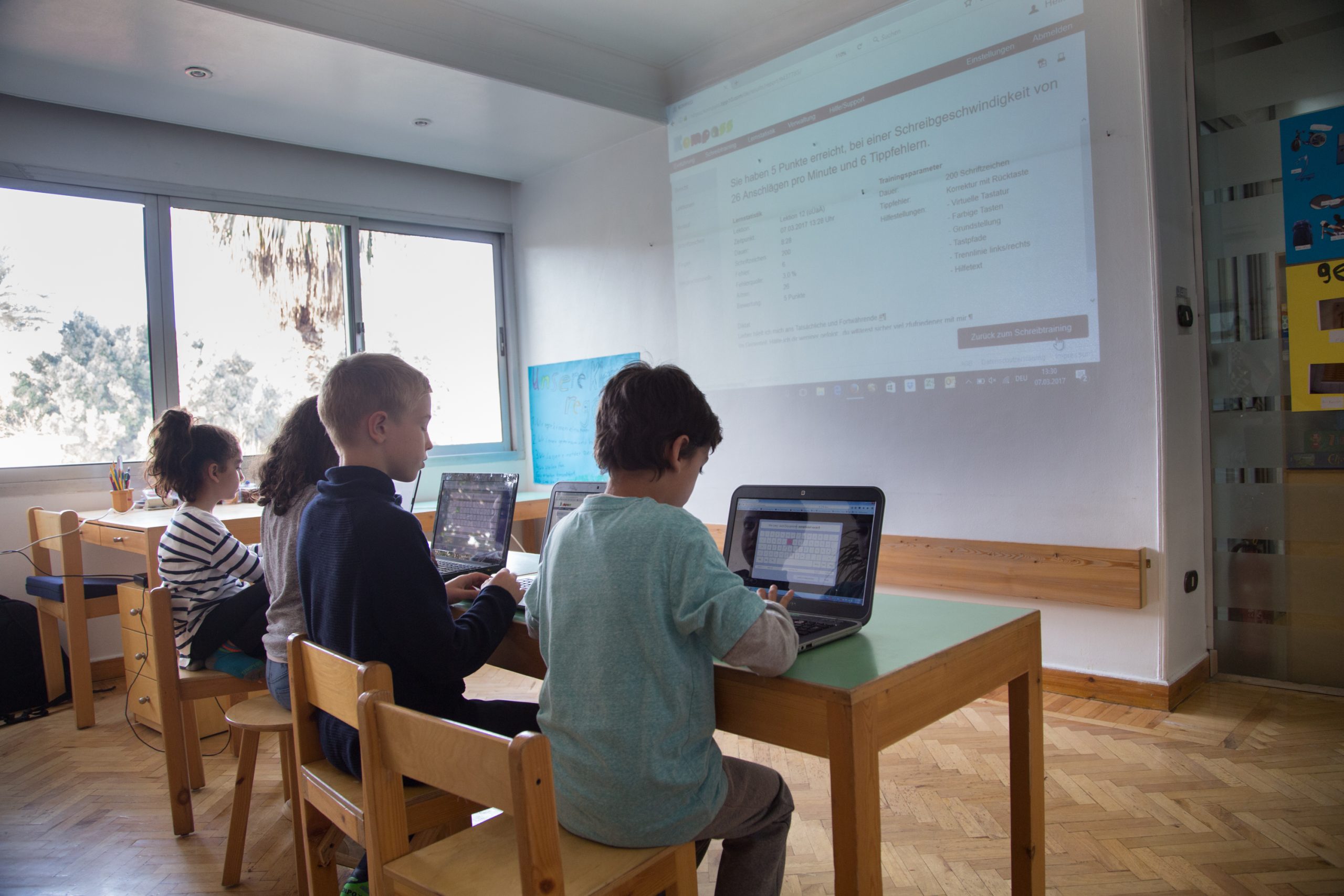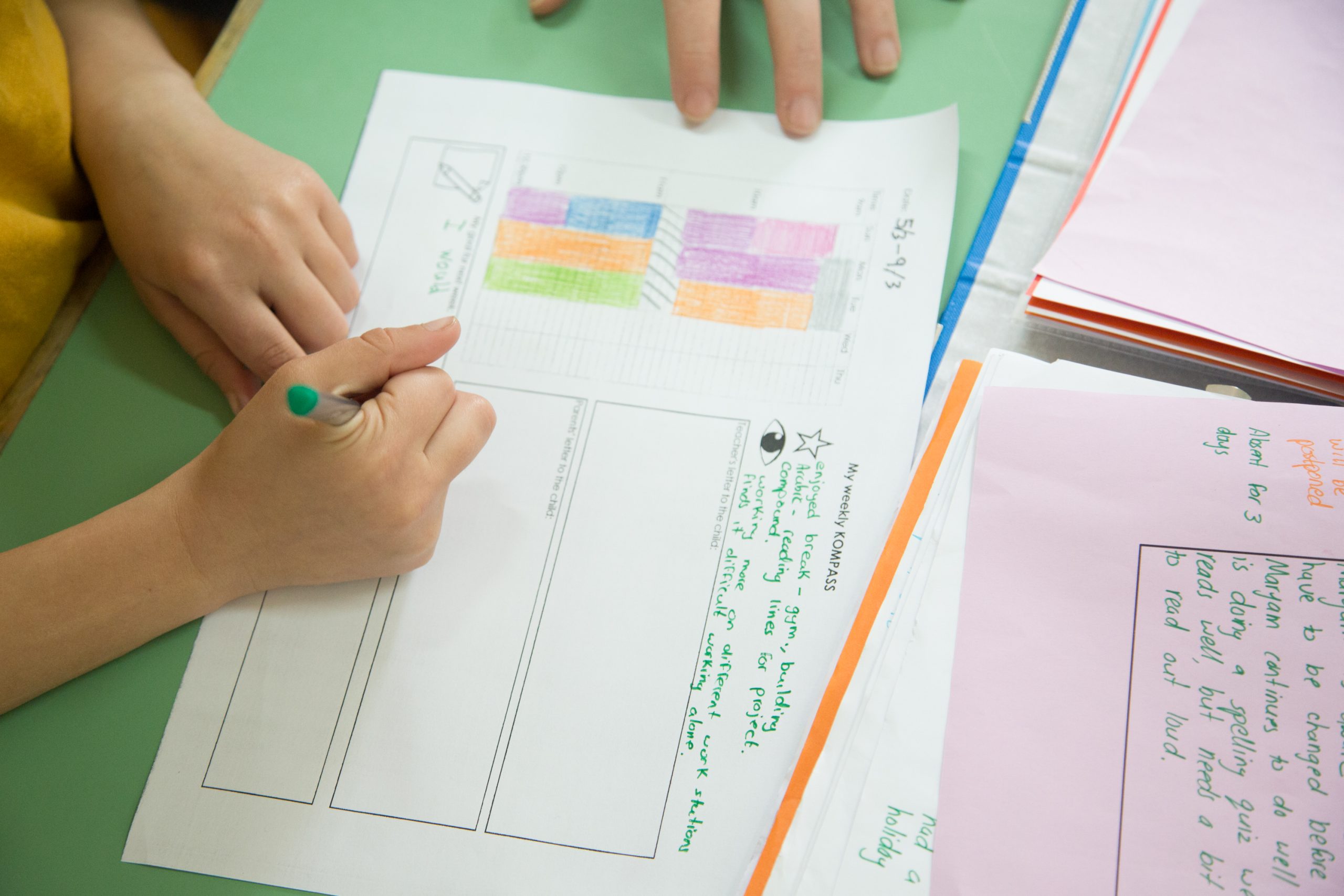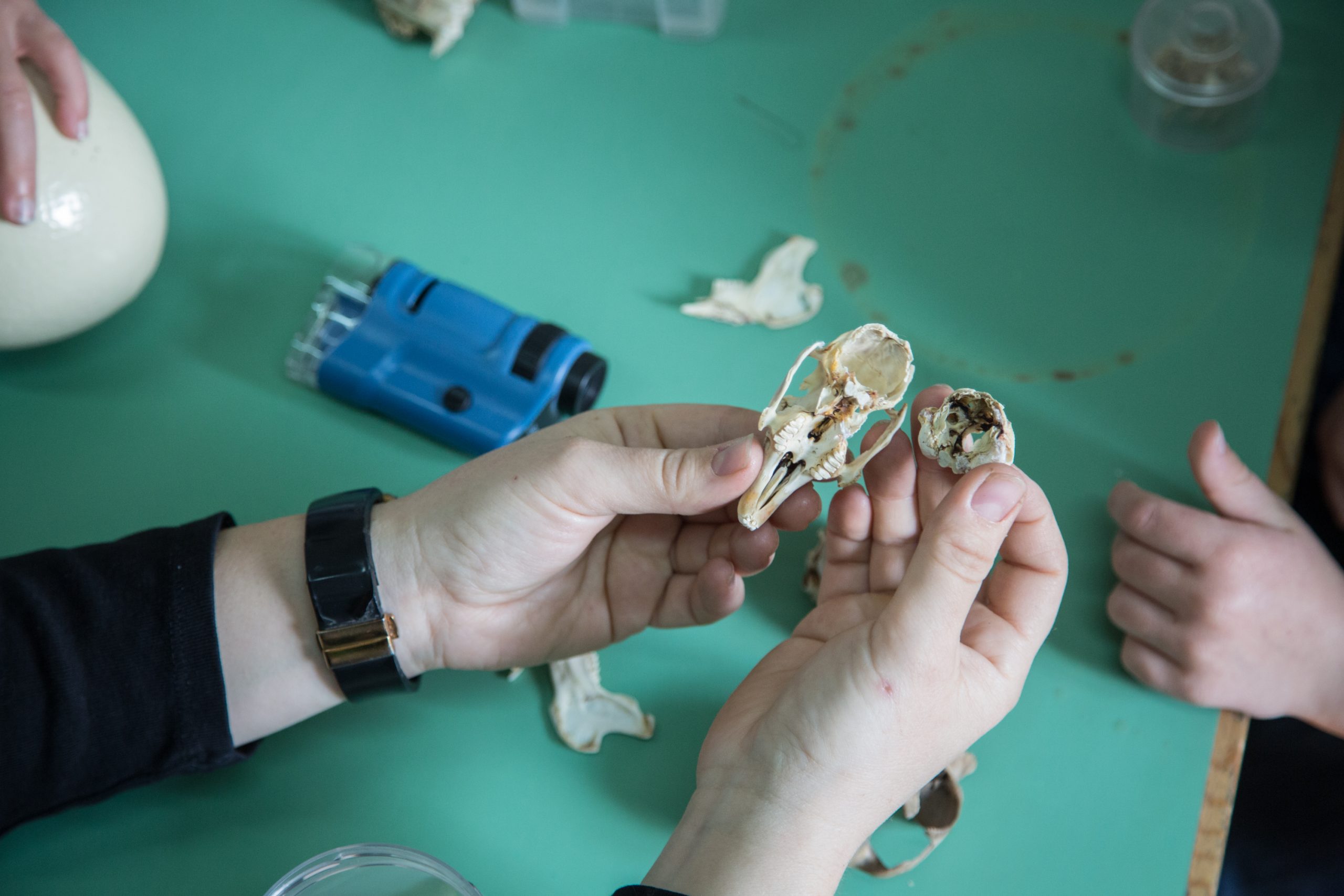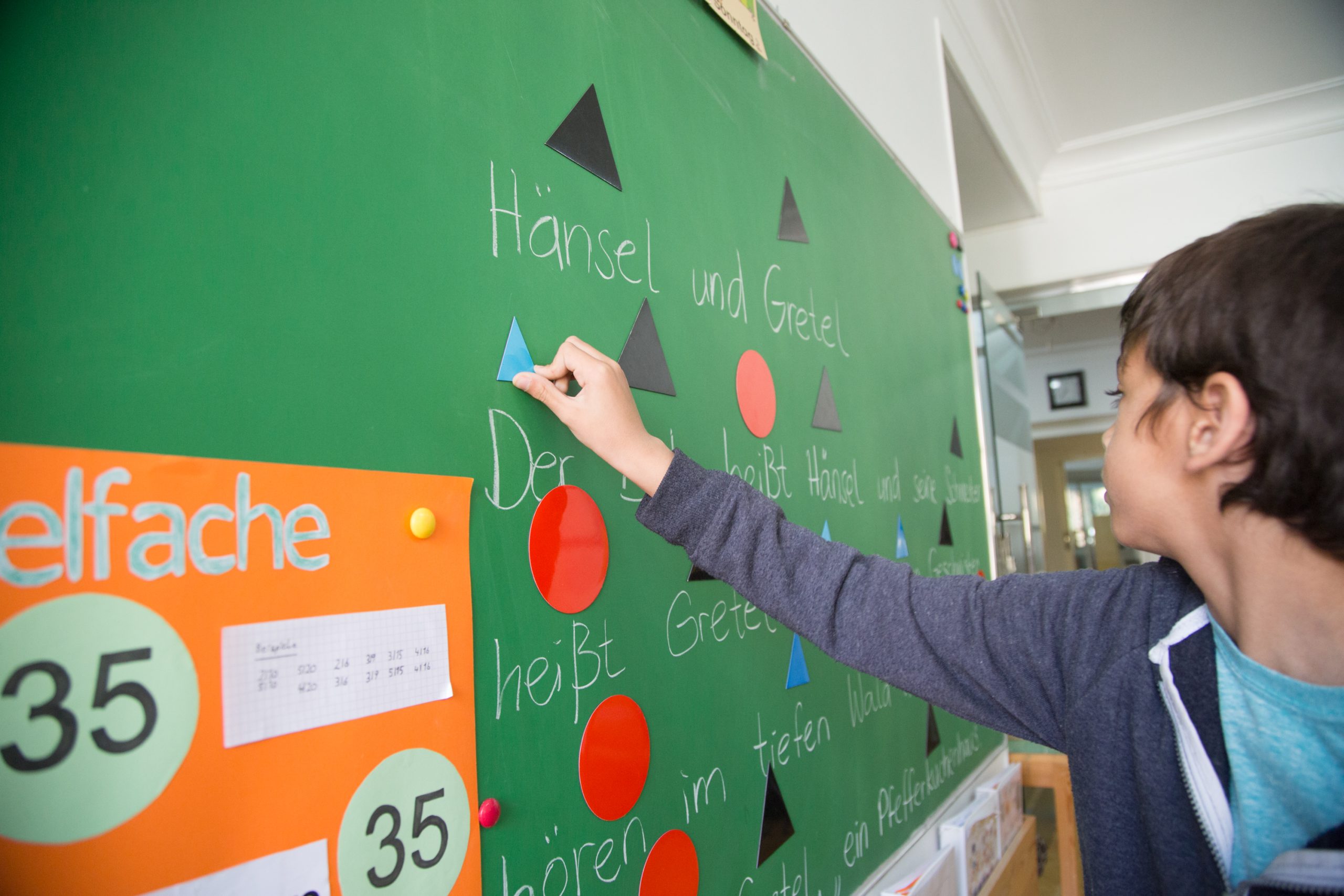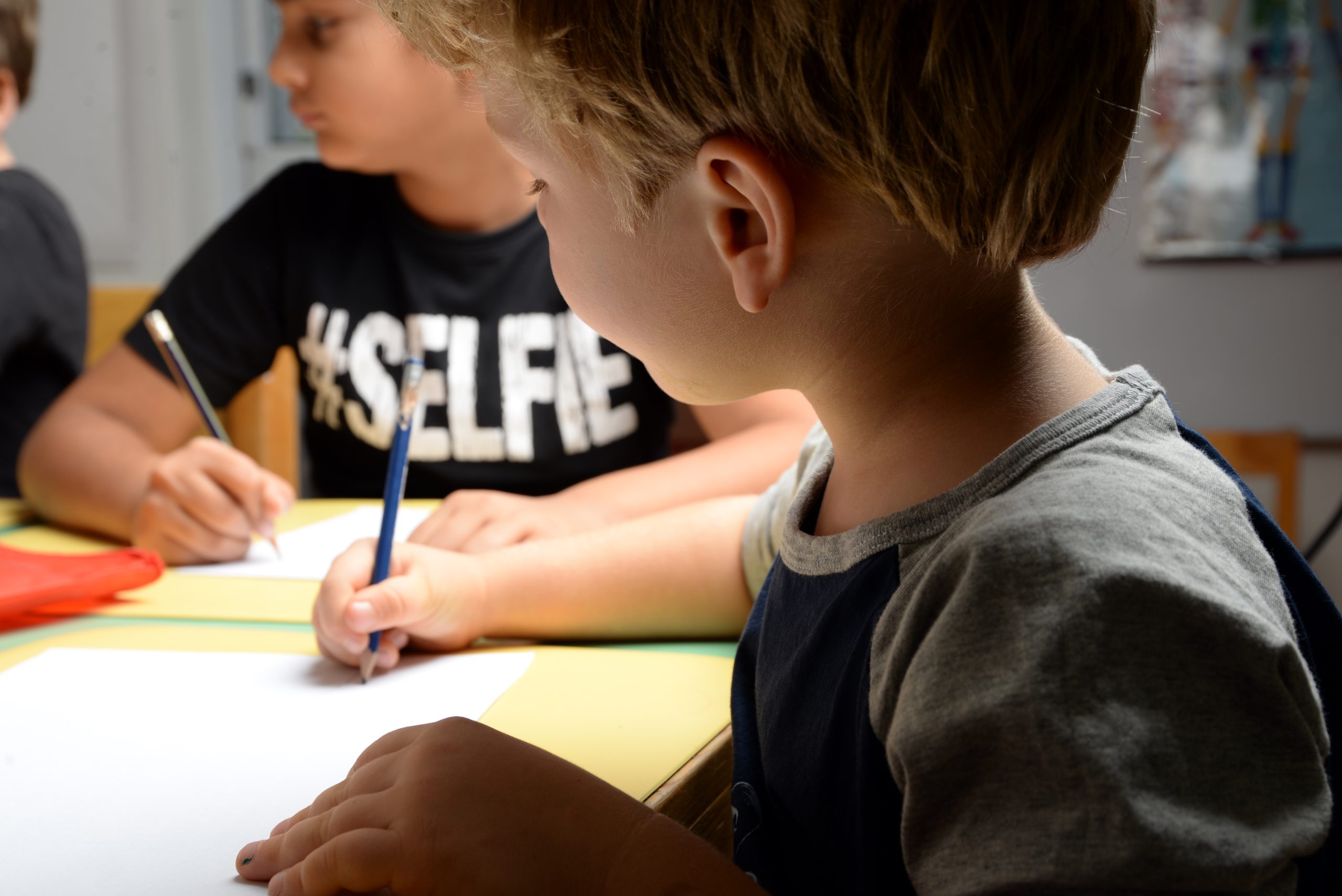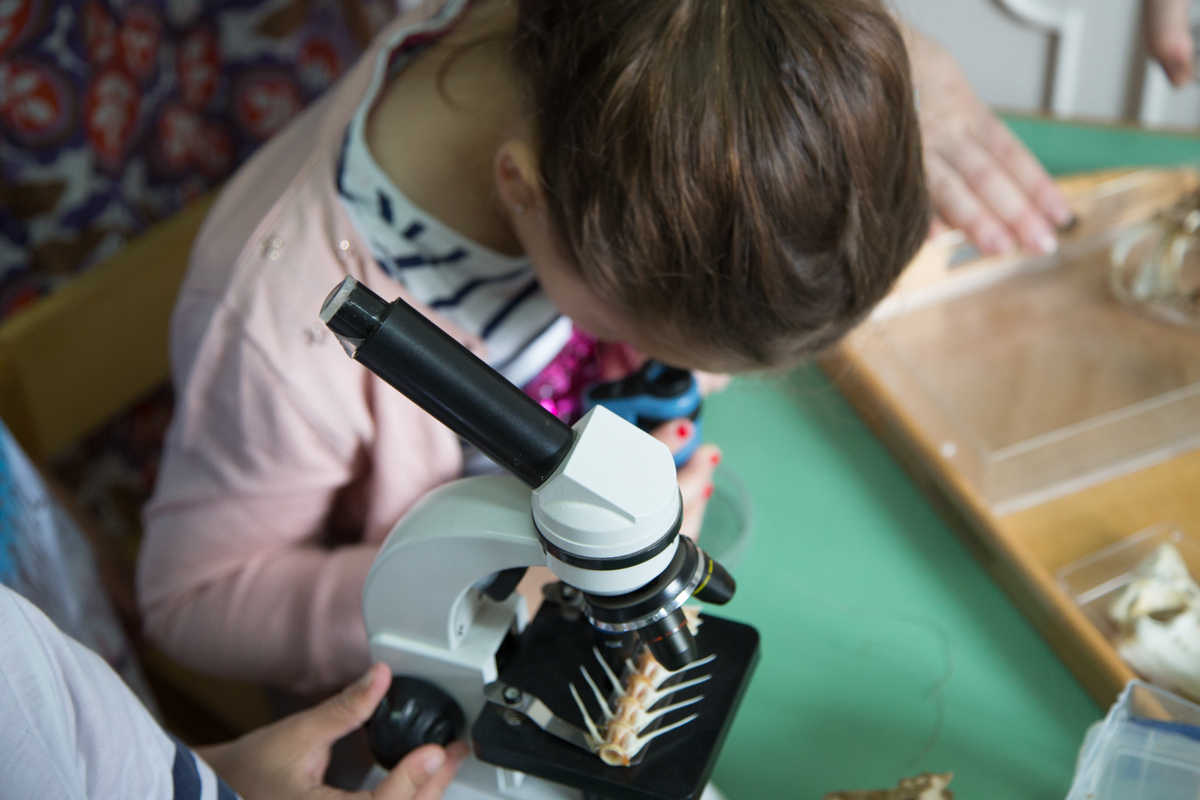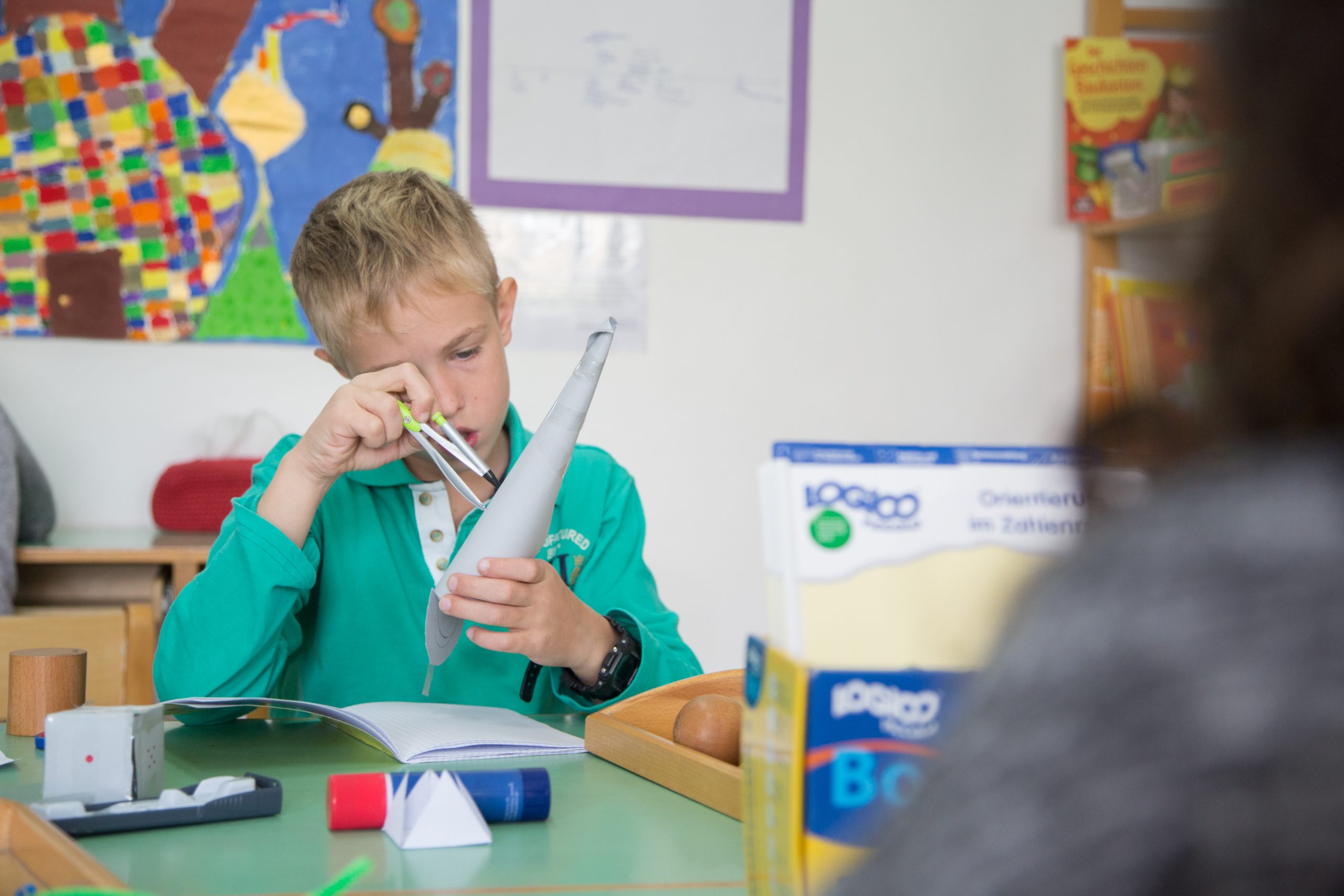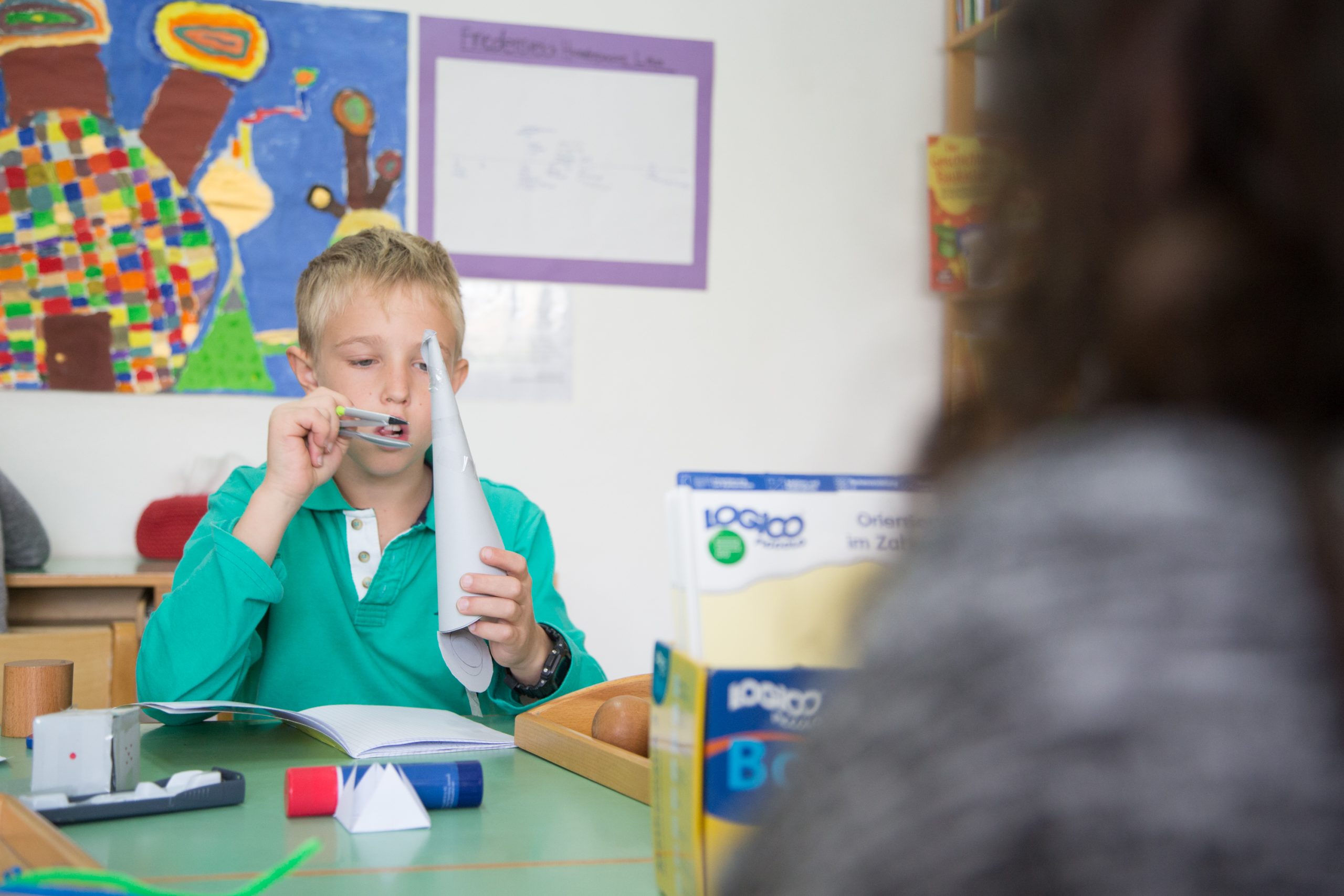Our Philosophy
At KOMPASS, our philosophy is rooted in Emmi Pikler’s principles of respectful care and natural development. We celebrate each child’s individuality and promote autonomy and self-discovery.
Early Independence
At KOMPASS, we believe that nurturing a child’s need for independence fosters confidence and promotes healthy development in various ways.
Children practice independence through a range of activities, such as helping set up Circle Time, tidying up before meals, feeding themselves, navigating stairs to the changing table, and putting on their own shoes independently.
We encourage them to explore the Nursery freely—walking, running, crawling, and jumping—while our teachers respect their ability to move independently and safely. By creating a supportive environment and providing just the right amount of assistance, we empower children to develop essential life skills and a strong sense of self-reliance and autonomy as they grow.
Language Development
At KOMPASS, we recognize that children begin to understand and respond to language long before they can articulate words. This is why we prioritize verbal interaction in every situation. Our teachers engage with children at eye level, fostering meaningful conversations, even if the child can only nod or shake their head in response.
We consistently explain to children what to expect next, whether it’s during a diaper change or when wiping their nose. This practice not only builds their understanding of language but also helps them feel secure and informed.In our trilingual immersion environment, children quickly adapt to being surrounded by teachers who consistently communicate in one of the three KOMPASS languages: German, English, and Arabic. This exposure enriches their language development and cultivates an appreciation for linguistic diversity.
Early Childhood Development
Early childhood development is a crucial phase in a child’s life, laying the foundation for their future learning, behavior, and overall well-being. At KOMPASS, we recognize the importance of this developmental stage and strive to create a nurturing environment that supports the holistic growth of each child.
Our approach focuses on fostering cognitive, emotional, social, and physical development through engaging activities and meaningful interactions. We provide opportunities for exploration, creativity, and problem-solving, allowing children to develop critical thinking skills and a love for learning.
We also emphasize the importance of social interactions, encouraging children to build relationships with their peers and caregivers. This helps them develop essential communication skills, empathy, and cooperation.
By prioritizing early childhood development, we aim to equip children with the skills and confidence they need to thrive in their future educational journeys and beyond. At KOMPASS, we are dedicated to nurturing each child’s unique potential and fostering a lifelong love of learning.
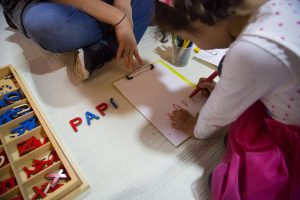
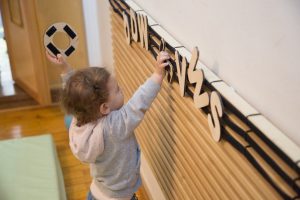
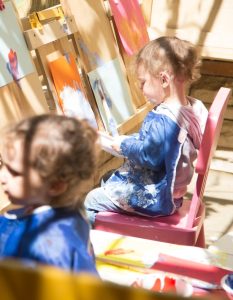
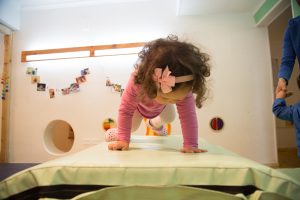
THE DAY AT THE KINDERGARTEN
We believe that all children are inherently competent and confident learners from birth, driven by their natural curiosity. They learn best through play, which they initiate themselves, allowing them to explore and discover at their own pace. We recognize that each child is an individual with unique needs and interests, and we are committed to listening to them attentively as they guide their own learning journeys.
NEST GROUPS
To foster close relationships between kindergarten children and their teachers, each child is placed in a small “nest group” of 15 peers aged 2.5 to 5 years, supported by three teachers representing the KOMPASS languages: English, German, and Arabic. Each morning, nest groups meet for half an hour to greet one another, fill their calendar jars, count attendance, sing songs, and explore the day’s educational offerings, promoting a sense of community and collaboration.
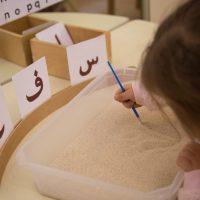
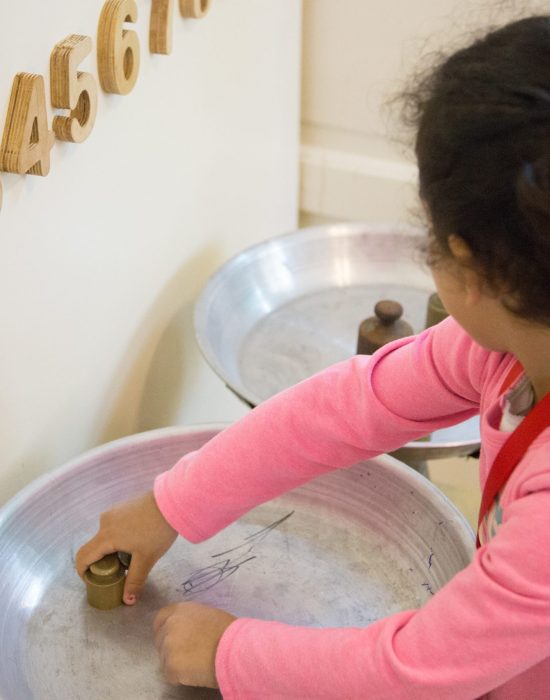
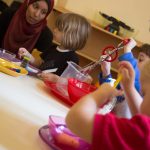
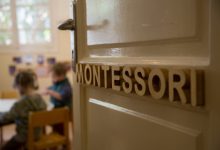
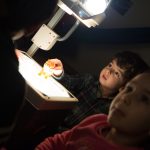
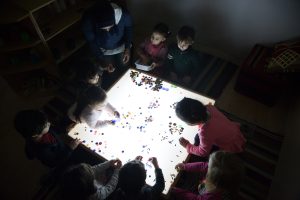
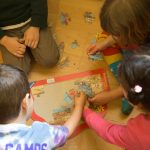
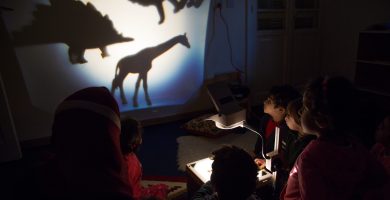
A SCHOOL FOR THE CHILDREN
At KOMPASS School, we understand that children learn best when they are actively engaged in their surroundings. Our curriculum is designed to take advantage of the rich resources available in our community and nature. Whether it’s exploring local parks, visiting museums, or collaborating with community members, our students experience hands-on learning that makes education relevant and exciting.
COLLABORATIVE LEARNING IN SMALL GROUP
We believe collaborative learning in small groups is essential for a supportive and engaging educational environment. This approach enhances academic achievement while fostering social skills, critical thinking, and community among students. By working together, children learn to communicate effectively, share diverse perspectives, and build meaningful relationships, contributing to their overall development and success.
IPC and IMYC
KOMPASS students engage in a dynamic learning experience through the thematic transdisciplinary approach of the International Primary Curriculum (IPC) and the International Middle Years Curriculum (IMYC), both developed by the International Curriculum Association (ICA).
These curricula align with our educational philosophy, which prioritizes the child as the focal point of the learning environment and process at every stage of development. By adopting a transdisciplinary approach, students are encouraged to explore relevant and expansive themes that foster critical thinking, problem-solving skills, subject knowledge, and creativity. Additionally, the IPC and IMYC seamlessly integrate the United Nations Sustainable Development Goals for 2030 into their learning framework, all while being grounded in evidence-based brain science related to child development.
National Benchmarks
At KOMPASS, we are committed to delivering a high-quality educational experience by benchmarking our curriculum against various national standards, ensuring our learning outcomes meet rigorous academic criteria and prepare students for future challenges.
We align with selected elements of the US Common Core Standards (NYS P-12) to emphasize critical thinking and problem-solving skills, while also incorporating the Bildungsplan der Grundschule from Germany’s Baden-Württemberg region, which focuses on holistic education.
Additionally, we consider the Egyptian National Curriculum to highlight cultural context and local relevance. By integrating these diverse frameworks, we create a rich learning environment that equips our students with the skills and knowledge needed to thrive in an interconnected world.
Singapore Math
We are excited to support our students in their journey to develop their full potential in mathematics. To enhance our curriculum, we have adopted one of the world’s most effective math learning models: the Singapore Math Program. This program emphasizes the importance of concrete understanding through hands-on learning experiences.
Students progress through three distinct phases of learning: concrete, pictorial, and abstract. This structured approach enables them to engage with mathematical concepts through real-world experiences, fostering logical thinking and problem-solving skills. By empowering students in this way, we ensure they build a strong foundation in math that will serve them well in their academic pursuits and beyond.
